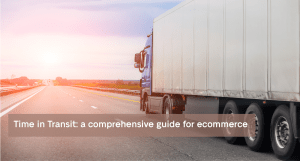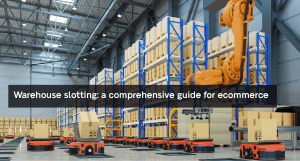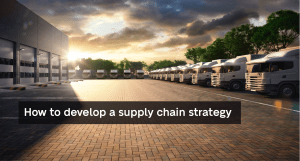What is Europe’s new emissions reporting mandate?
In response to the growing climate change crisis, the European Union has introduced a regulation known as the Corporate Sustainability Reporting Directive (CSRD) which will take effect in June 2024, requiring some 50,000 companies doing business within the European Union (EU) to report annually on their past and present greenhouse gas emissions, starting from 2025. The CSRD extends to SEMEs listed on EU exchanges by 2026. By 2028 also non-EU companies with activities in the EU will have to report. This means carbon accounting will be part of the foreseeable future, with the objective of accelerating the establishment of a more transparent and sustainable market.
CSRD deadlines to remember
→2025. The first to start reporting are Large EU-based companies that meet 2 out of 3 of the following criteria: €40 million net turnover, €20 million balance sheet total, 250 employees.
→2026. Listed SMEs come under CSRD in 2026 and must report in 2027, but they have the option to extend their reporting obligation until 2028.
→2028. The CSRD becomes effective for non-EU parent companies with €150 million annual revenue in the EU and at least one subsidiary or branch in the EU. They must submit their first report on 2028 emissions data, including non-EU activity, in 2029.
Investors look for sustainable companies
Recent studies report that 69% of investors have expressed the intention to increase investments in businesses that successfully manage issues related to sustainability. Moreover, 67% would increase investment in companies that transform their processes to create a positive socio-environmental impact.
The impact of transport
Within the context of business processes, logistics plays a fundamental role in connecting markets and enhancing production by ensuring the flow of goods through the supply chain. In the value chain, transport is crucial both for inbound logistics, like sourcing and receiving materials, and outbound logistics, such as delivering products to customers. Apart from allowing the economy to grow, it also allows for the movement of employees, thus impacting company operations. In 2020, the EU’s freight transport was led by road transport, with 1803.4 billion tkm, followed by sea transport at 924.3 billion tkm, rail transport at 377.3 billion tkm, and air freight being the least used mode. However, the growth of the transport sector brings with it obvious sustainability challenges with adverse effects on both nature and society. In 2019, the road transport sector contributed to 25.9% of the EU’s total CO2 emissions. Transport is also a major source of nitrogen oxides and particulate matter emissions, and it significantly contributes to noise pollution, especially from road traffic. Moreover, transport infrastructure development disrupts ecosystems, reduces biodiversity by fragmenting habitats, and alterates landscape and soil structures.
To meet stringent EU carbon emission regulations, zero-emission truck fleets will need to grow from the current count of under 4,000 to 400,000 by 2030. New regulations will indeed require companies to be on top of their sustainability efforts like never before. For retailers, ecommerce businesses, and warehouses, this means gathering real-time data on their processes and emissions while collaborating with partners who are committed to sustainable practices.
In fact, sustainability is not only related to transport but also implies optimising other business processes, like reducing waste and resource consumption through automation and electronic workflows. What should companies do to prepare for these tight deadlines?
How technology can help
Technology like artificial intelligence and machine learning will be critical in speeding up data collecting and calculations, as well as optimising supply chain processes. Companies must in fact make sure theirs and their partners’ supply chain processes are optimised and efficient before they calculate their footprint.
PUDO for more efficient last-mile logistics
PUDO (Pick up- drop-off) services are reshaping last-mile logistics in Europe by offering customers convenient locations for parcel pickups and returns, eliminating missed deliveries, and significantly reducing CO2, as well as costs associated with direct home deliveries. In regions like the Nordics, France, Germany, the Baltics, the Czech Republic, and Poland, out-of-home delivery is now estimated to account for more than half of all parcel deliveries.
Which analytics are useful to improve business CO2 impact?
CO2 emissions can be reduced by leveraging travel distance analysis, fuel consumption, and emissions to identify improvements for greener and more efficient processes. For example, AI route optimization can provide real-time efficient routing by using historical and real-time data, like traffic and delivery issues, minimising travel time and fuel consumption. Also, advanced analytics provide precise EDT (Estimated Delivery Time) to enhance customer experience and reduce missed deliveries, which are majorly responsible for traffic and pollution. In fact, they force drivers to stay longer on the road to make multiple delivery attempts. Considering factors like traffic, driver speed, along with dynamic scheduling, delivery times can be adjusted while keeping customers informed in real-time.






